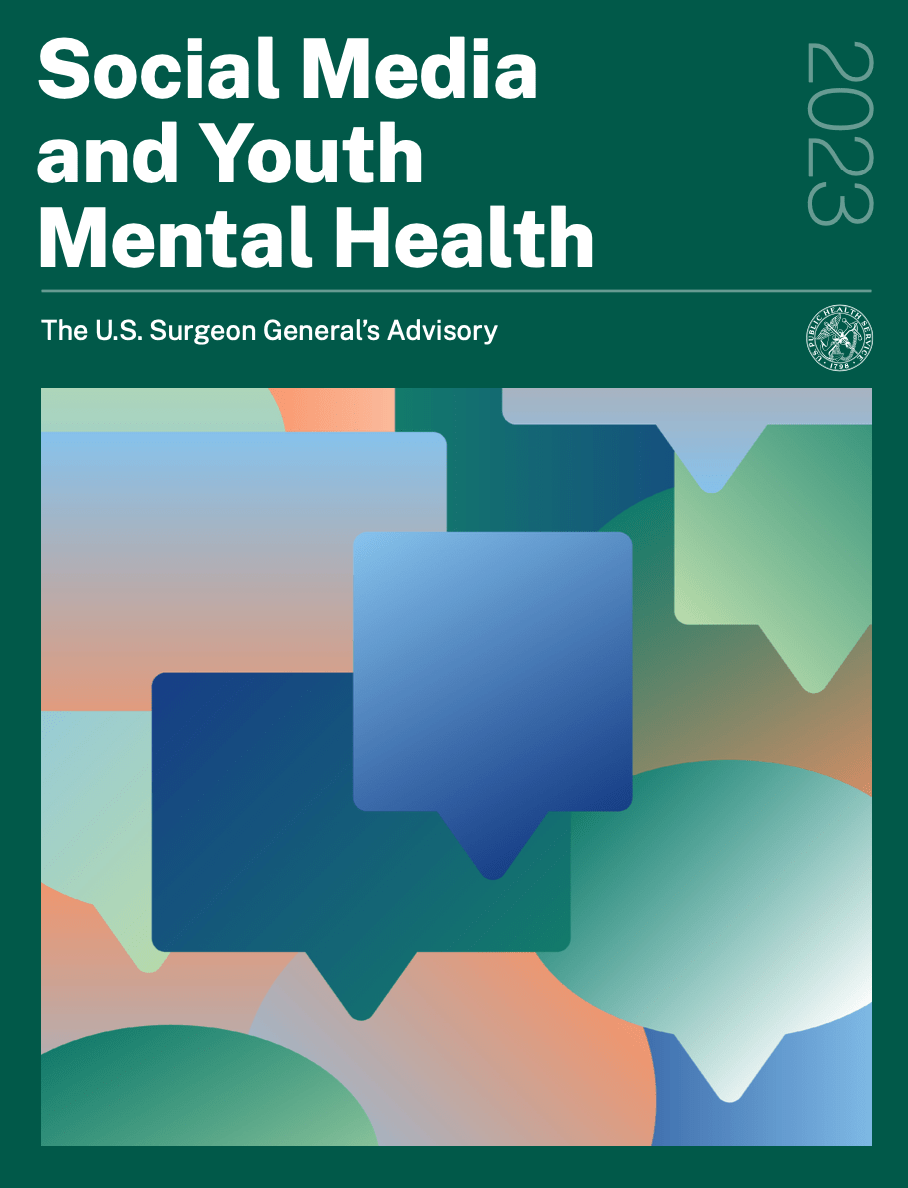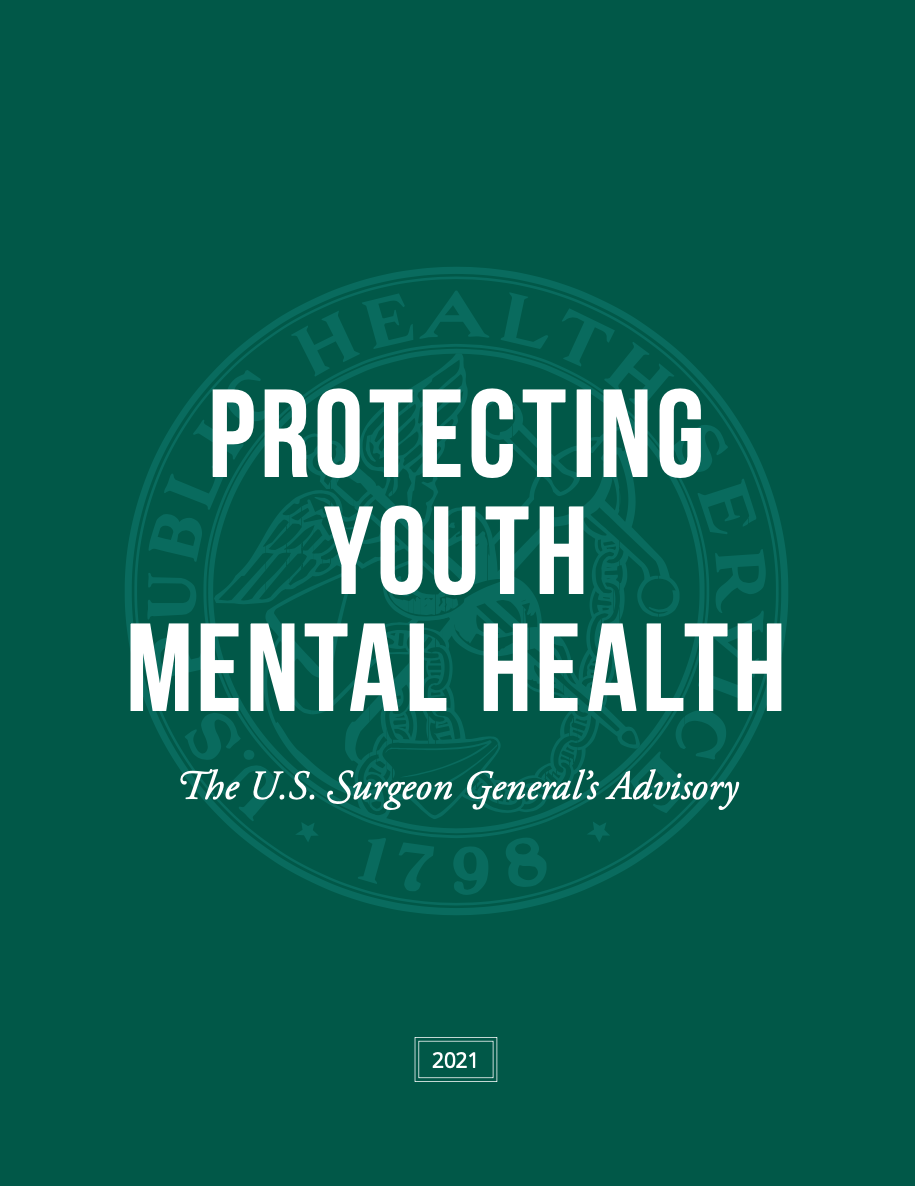
Blog
Social media
Sobering words from the US Surgeon General (May 2023) about the effects of social media on adolescents. You can read the full document plus an advisory from 2021 by clicking the links above but here are a few excepts I noted:
“There are ample indicators that social media can have a profound risk of harm to the mental health and well-being of children and adolescents.”
“Adolescent social media use is predictive of a subsequent decrease in life satisfaction for certain developmental stages, including for girls 11–13 years old and boys 14–15 years old.”
“Adolescents who spent more than 3 hours per day on social media faced double the risk of experiencing poor mental health outcomes, including symptoms of depression and anxiety.”
“Social media-induced fear of missing out, or ‘the pervasive apprehension that others might be having rewarding experiences from which one is absent,’ has been associated with depression, anxiety, and neuroticism.”
“Frequent social media use may be associated with distinct changes in the developing brain in the amygdala (important for emotional learning and behaviour) and the prefrontal cortex (important for impulse control, emotional regulation, and moderating social behaviour), and could increase sensitivity to social rewards and punishments.”
“A longitudinal prospective study of adolescents without ADHD symptoms at the beginning of the study found that, over a 2-year follow-up, high-frequency use of digital media, with social media as one of the most common activities, was associated with a modest yet statistically significant increased odds of developing ADHD symptoms.”
“Brain development is a critical factor to consider when assessing the risk for harm. Adolescents … are undergoing a highly sensitive period of brain development. This is a period when risk-taking behaviours reach their peak, when well-being experiences the greatest fluctuations, and when mental health challenges such as depression typically emerge. Furthermore, in early adolescence, when identities and sense of self-worth are forming, brain development is especially susceptible to social pressures, peer opinions, and peer comparison.”
“Limits on the use of social media have resulted in mental health benefits for young adults and adults. A small, randomised, controlled trial in college-aged youth found that limiting social media use to 30 minutes daily over three weeks led to significant improvements in depression severity.”



Recent Comments